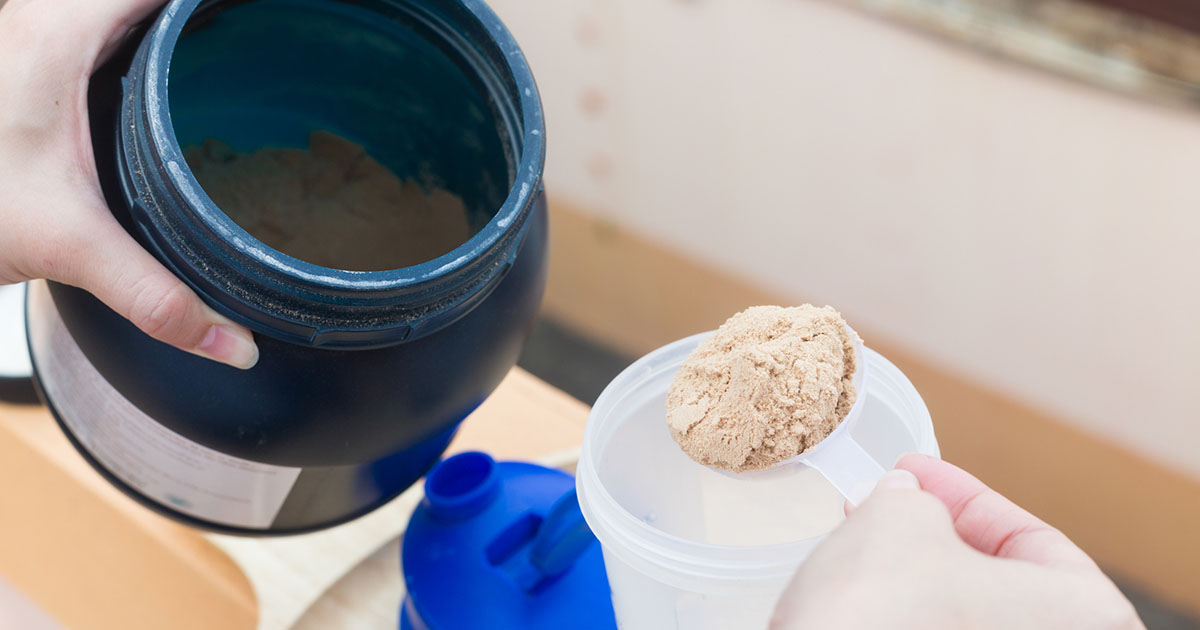The Beginner's Guide To Whey Protein Powder
The Health Benefits Of Protein Powder

Optimum Nutrition Whey Protein is packed with high nutritional value and can help stabilize and balance the body in multiple ways. Some of the key health benefits of whey protein include that it aids in weight loss, lowers cholesterol, reduces inflammation, has anticancer properties, can help those who have asthma, can aid in preventing cardiovascular disease and controlling blood pressure. Whey protein also enhances antioxidant defense and also helps to manage blood sugar levels for those who have type 2 diabetes. When it comes to aiding weight loss, one study of 158 individuals published in Nutrition & Metabolism, discovered individuals who were given whey protein lost significantly more body fat and had greater preservation of lean muscle compared to those who consumed the control beverage. Whey protein is also more satiating, or filling, more so than other types of protein, and suppresses appetite and calorie consumption. Further studies have shown it also boosts metabolism and burns more fat than regular forms of protein, and helps maintain muscle mass when losing weight.
What Is The Right Dosage To Take?

According to the U.S. Department of Health and Human Services, dosages of protein depend on age and gender. For instance, teenage boys and active men should consume three daily servings or seven ounces of protein a day, and children aged two to six, most women and older individuals should consume two servings or five ounces of protein a day. For older children, teenage girls, active women, and most men, the guidelines recommend two servings or six ounces of protein a day, as part of a healthy and balanced diet. The commonly recommended dose of whey protein powder is twenty-five to fifty grams per day, which is approximately one to two scoops. However, individuals should always follow the instructions on the packaging. Whey protein is also best consumed in a InstaShacker after an intense workout or prolonged activities. Whey protein is also sold as a powder or in supplement form, and the powder can be added to smoothies, yogurts, or simply mixed with water or milk.
